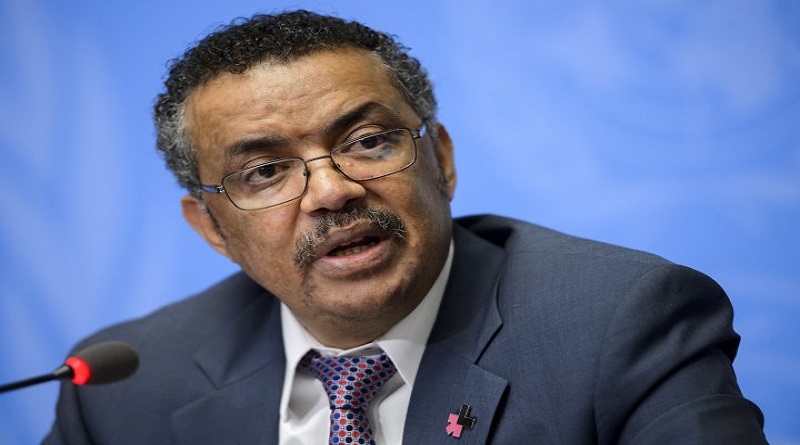WHO wants end to attacks on health facilities in Syria
After seven years of conflict in Syria, the World Health Organisation (WHO) has called for an end to attacks on health facilities in Syria. Besides, it has also renewed its call for the protection of health workers and for immediate access to besieged populations.
Attacks on the health sector have continued at an alarming level in the past year. The 67 verified attacks on health facilities, workers, and infrastructure recorded during the first two months of 2018 amount to more than 50% of verified attacks in all of 2017.
“This health tragedy must come to an end,” said Dr Tedros Adhanom Ghebreyesus, WHO Director-General. “Every attack shatters communities and ripples through health systems, damaging infrastructure and reducing access to health for vulnerable people. WHO calls on all parties to the conflict in Syria to immediately halt attacks on health workers, their means of transport and equipment, hospitals and other medical facilities.”
Health systems are being attacked in the very places where they are needed most. An estimated 2.9 million Syrians live in UN-declared hard-to-reach and besieged locations. WHO is providing health assistance to many of these areas but lacks consistent access.
In East Ghouta, nearly 400,000 people have lived under siege for half a decade. Basic health supplies have all but run out, and there are now more than 1,000 people in need of immediate medical evacuation.
“It is unacceptable that children, women, and men are dying from injuries and illnesses that are easily treatable and preventable,” said Dr Tedros.
Critical medical supplies are also routinely removed from inter-agency convoys to hard-to-reach and besieged locations. Earlier this month, more than 70% of the health supplies intended to reach East Ghouta were removed by authorities and sent back to the WHO warehouse. The items removed are desperately needed to save lives and reduce suffering.
Seven years of conflict have devastated Syria’s healthcare system. More than half of the country’s public hospitals and healthcare centres are closed or only partially functioning and more than 11.3 million people need health assistance, including 3 million living with injuries and disabilities.
WHO is committed to ensuring that people across Syria have access to essential, life-saving healthcare. Last year, WHO delivered over 14 million treatments across the country, including through cross-border and cross-line services.
“The suffering of the people of Syria must stop. We urge all parties to the conflict to end attacks on health, to provide access to all those in Syria who need health assistance, and, above all, to end this devastating conflict,” said Dr Tedros.




